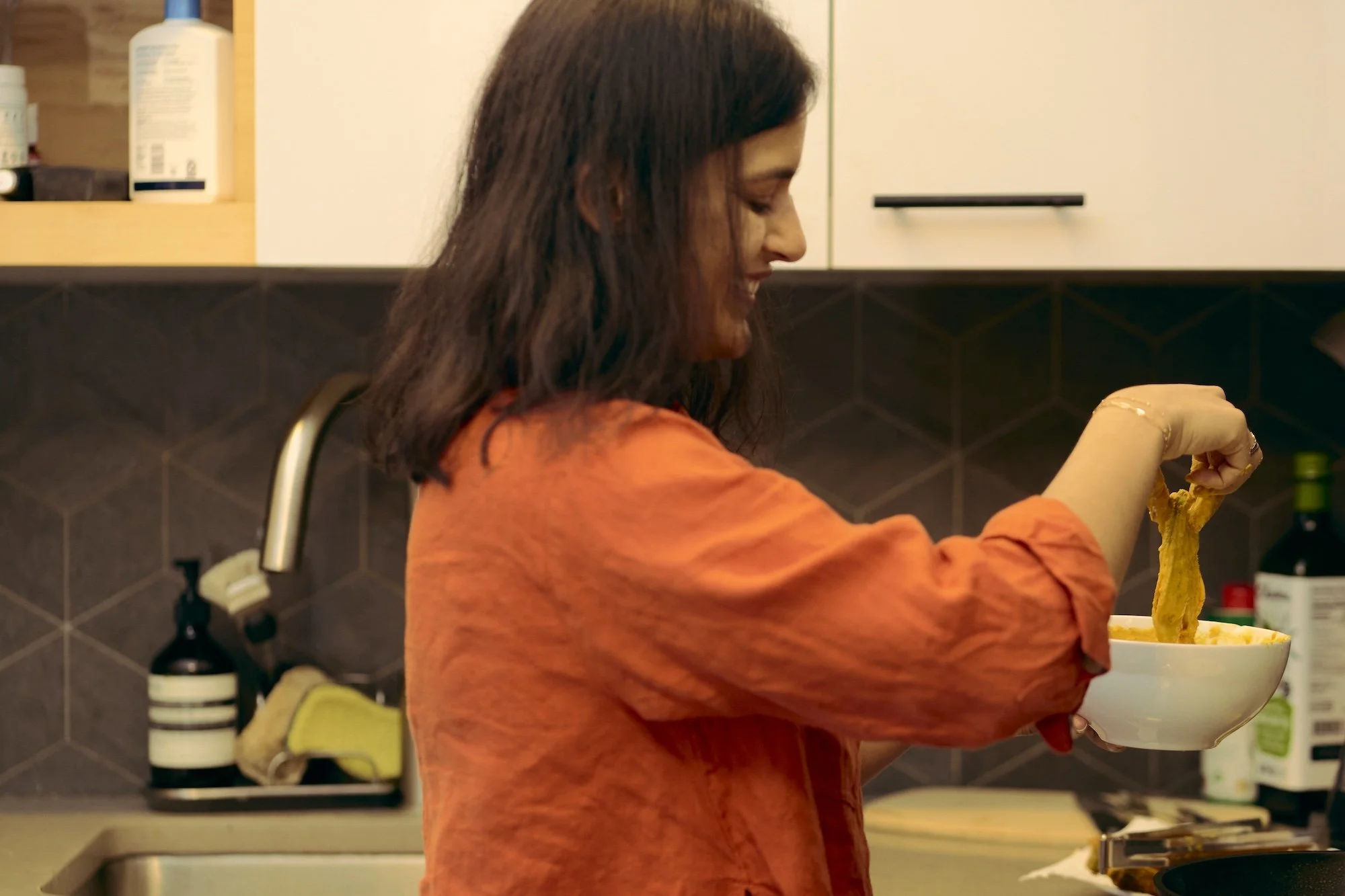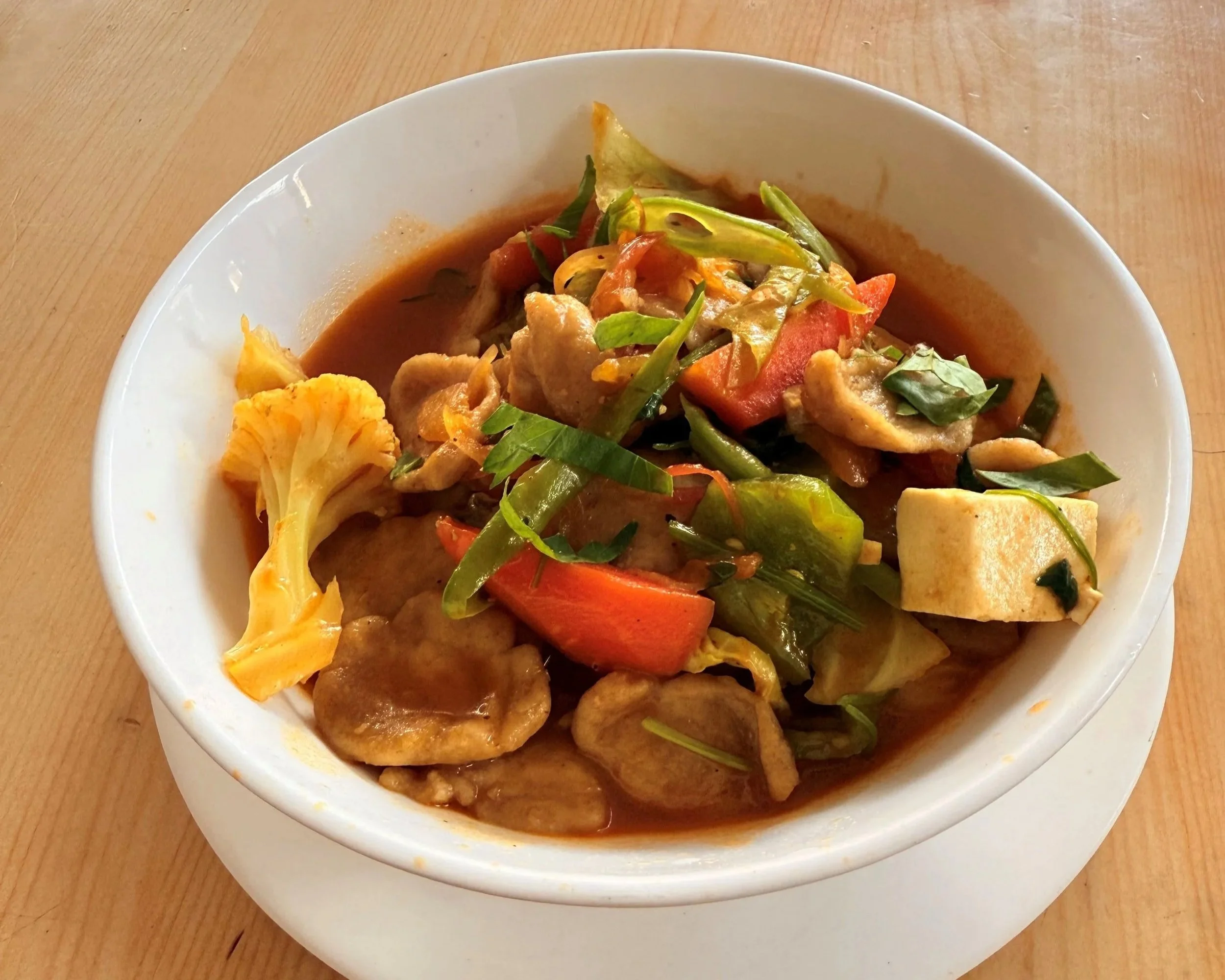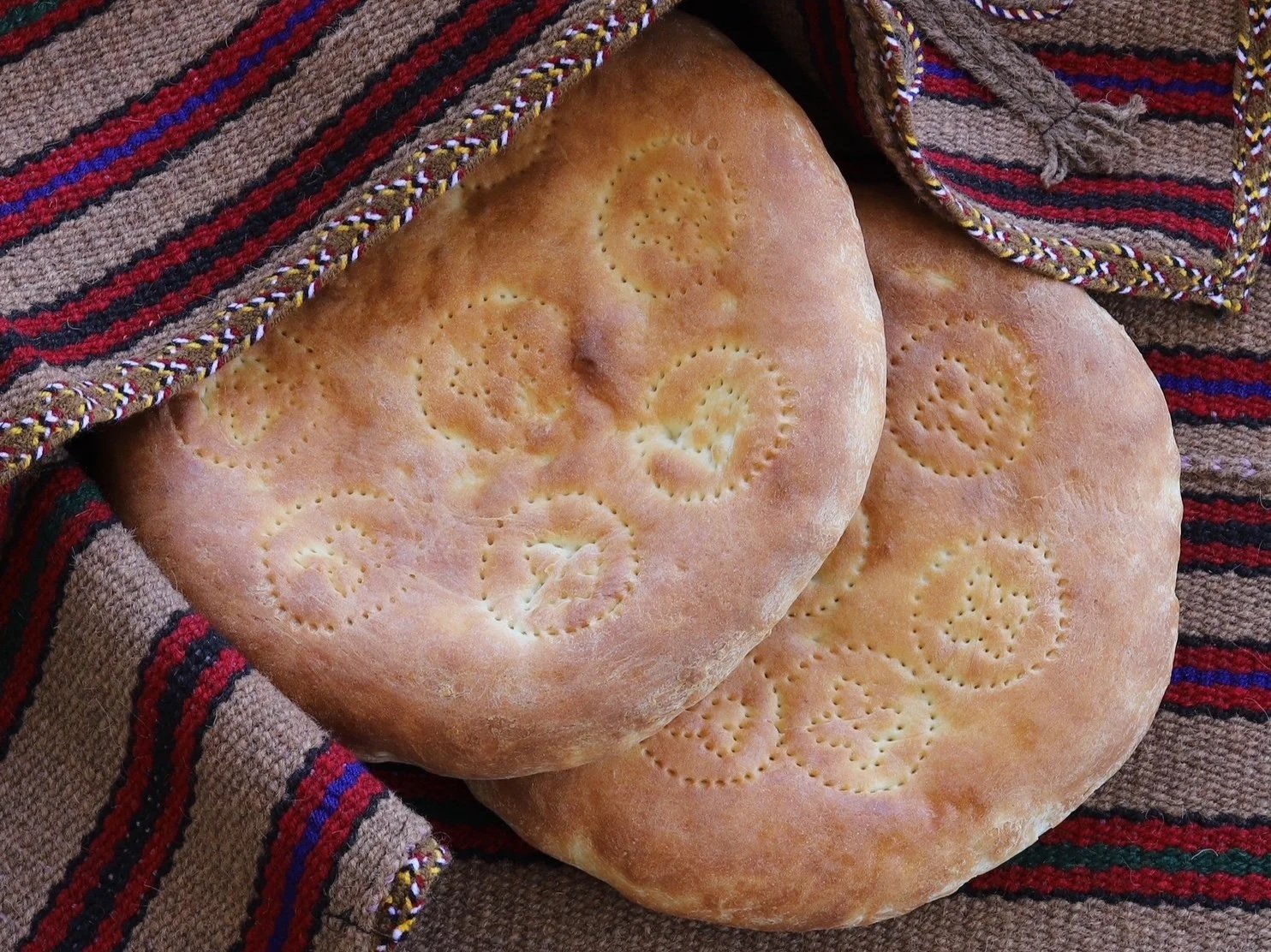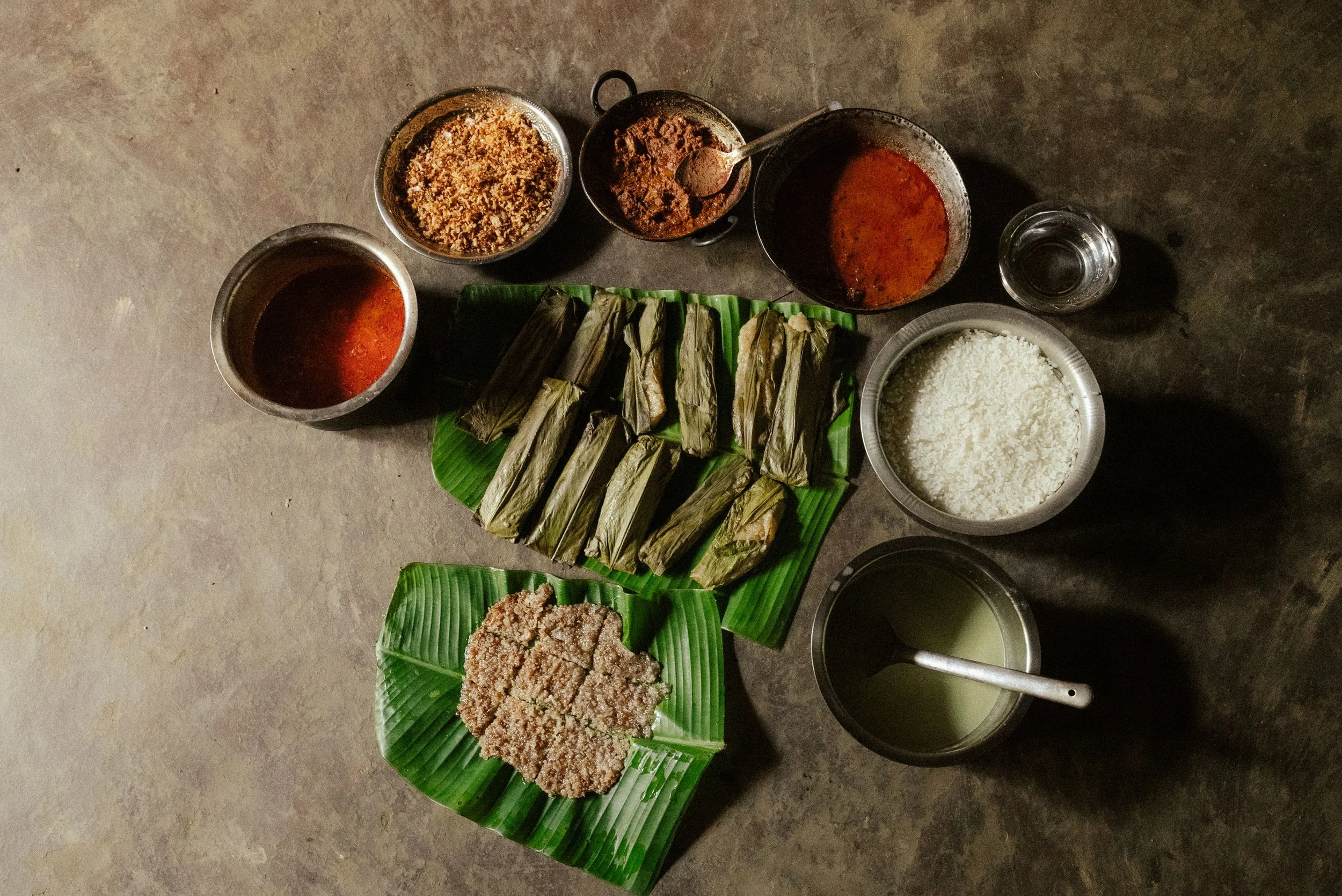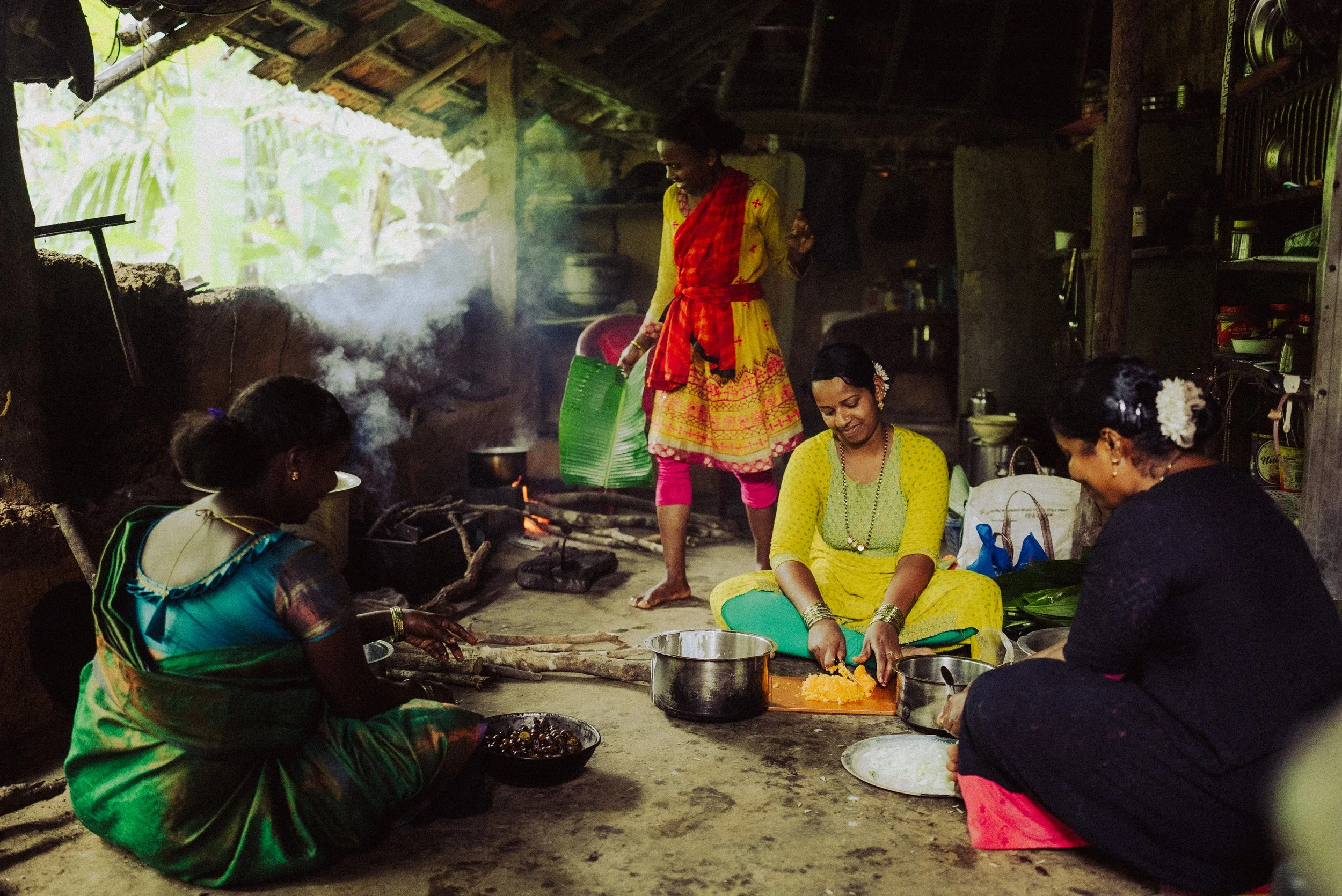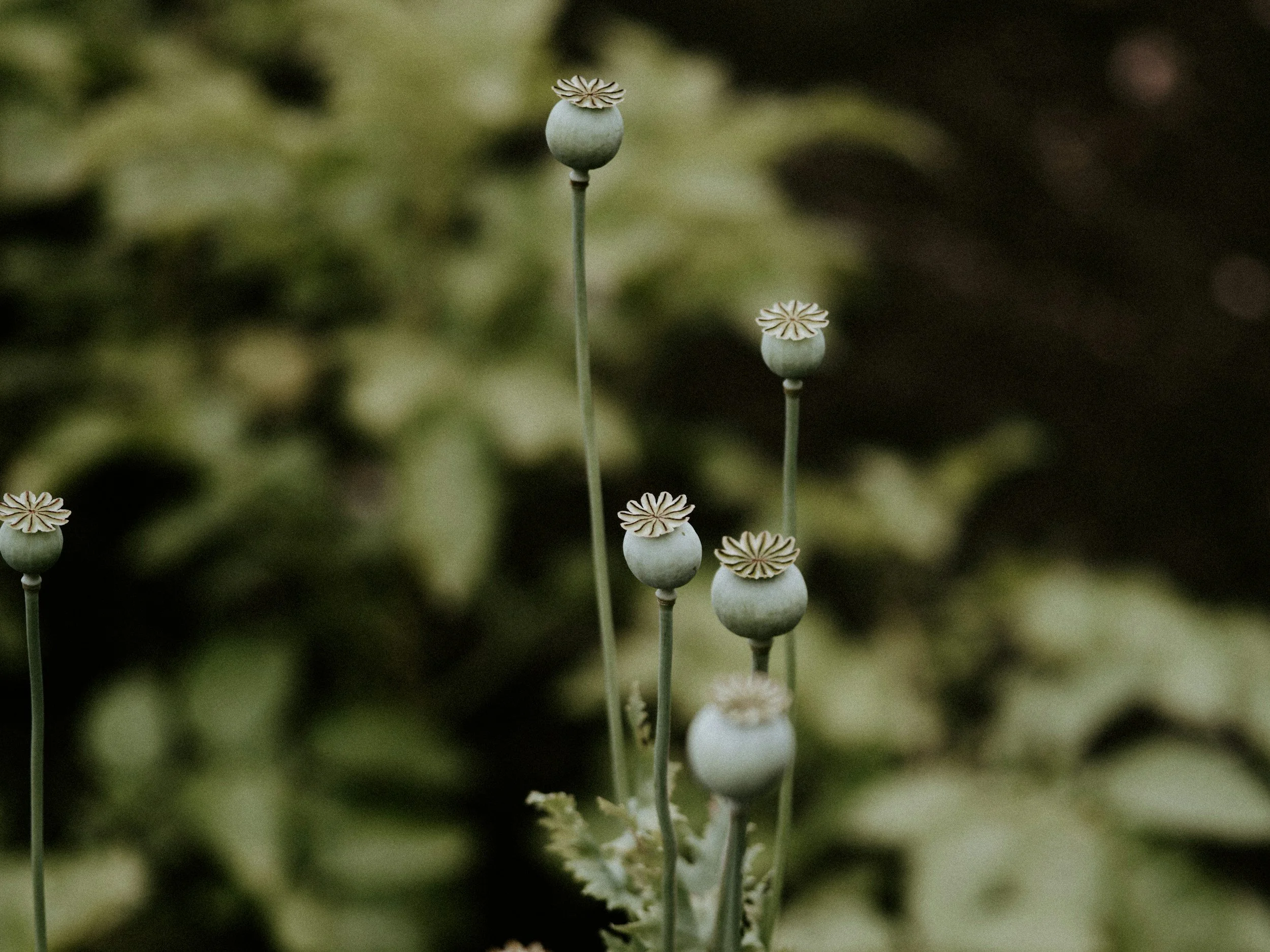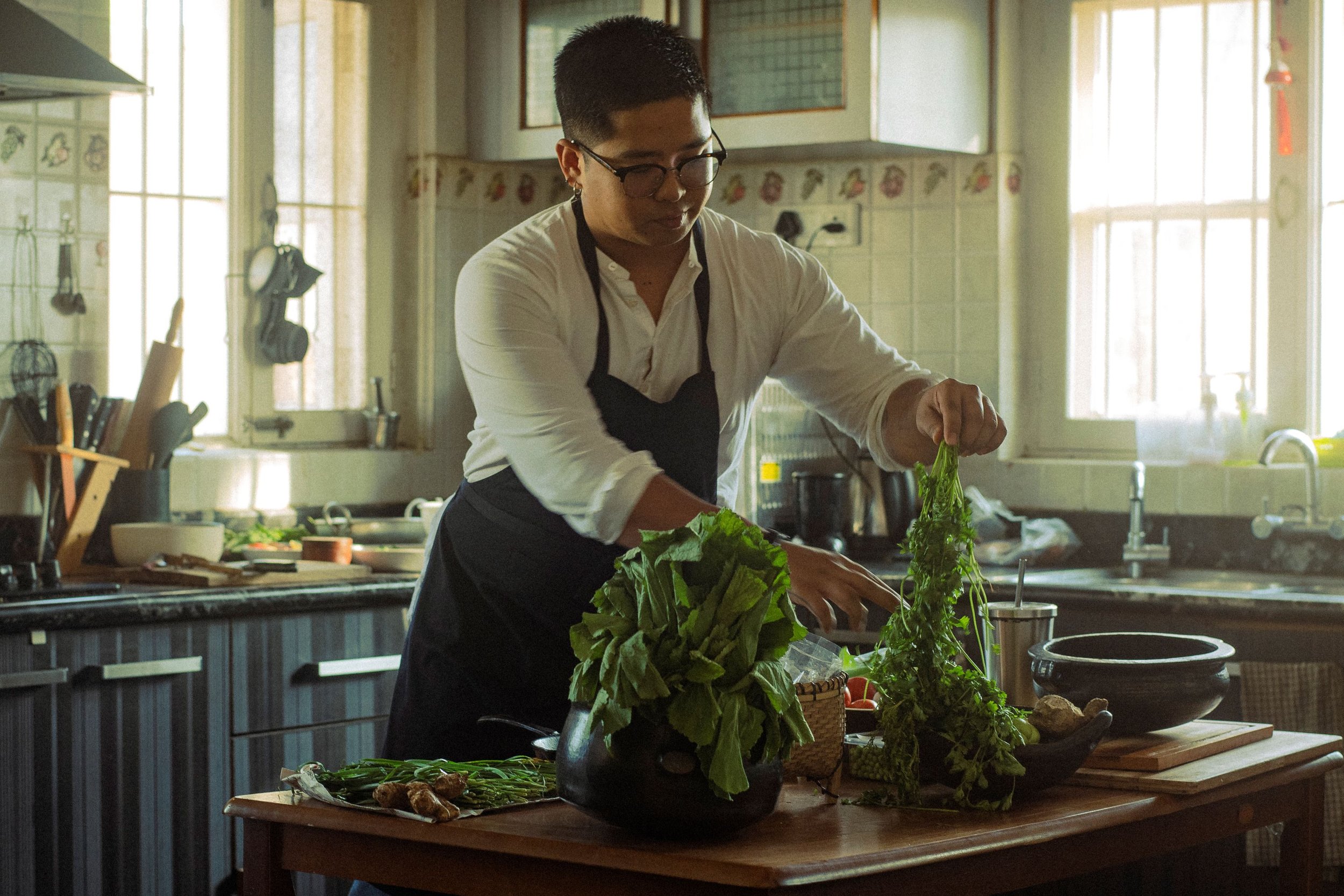The Language of Ladoos in English Vinglish
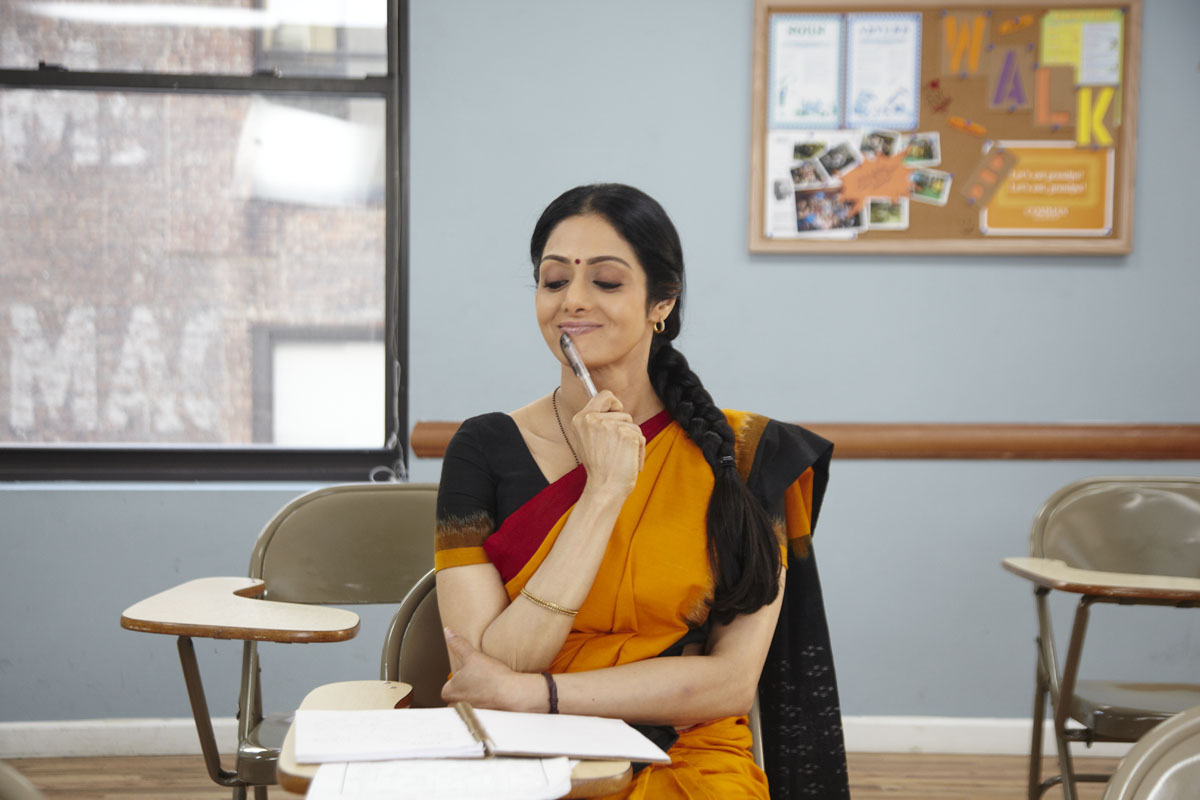
In English Vinglish, the iconic Bollywood movie by Gauri Shinde, Sridevi plays a woman who loves to cook, but ironically feels alienated at her own dining table. But really, this is a movie where food is a currency of language, writes Mayukh Sen.
English Vinglish (2012) has some of the most lovingly photographed shots of food I’ve come across in film. When the camera isn’t fixated on Sridevi’s face, it is focused on her hands: She sculpts boondi into small saffron spheres, cradles them in her palms, and subjects them to jacuzzis of ghee boiling on a stove.
This is daily routine for Shashi, a housewife who runs a small, but booming, ladoo business from her home. When her husband is at work and the kids are at school, she, with the aid of a courier, delivers boxfuls of ladoos by hand to a delighted throng of mothers and children.
Shashi’s profession involves entertaining others through her cooking, but her husband Satish (Adil Hussain) and daughter Sapna (Navika Kotia) don’t see her work as a real job. Shashi cannot speak English, a fact she is constantly reminded of by her husband and daughter, who also happen to be her harshest critics. Insulting Shashi is a sport to them: When she mispronounces jazz as jhaaz, for example, both erupt in laughter. Shashi senses that she’s being made fun of, but isn’t quite in on the joke.
It is an infuriating irony that the dining table—which Shashi singlehandedly populates with items they depend on for sustenance, from omelettes to chai—is also the most alienating space in the home for her. Filmmaker Gauri Shinde made English Vinglish as an apology to her mother, a woman who ran a pickling company from her home in Pune. She could only speak Marathi, and Shinde was frequently cruel to her in the way kids can be unknowingly cruel to their mothers.
Satish and Sapna take the form of surrogates for Shinde (Shinde’s father was actually quite supportive of her mother) in the film, treating her without mercy, like schoolyard bullies would a target. Shashi’s lack of facility with English is a spectacle for Satish and Sapna, and they find pleasure in humiliating her.
English Vinglish is, in utterly plain terms, a film about language. It is concerned with the biases that privilege English speakers over everyone else, and what those biases might say about the ingrained, under-interrogated prejudices we harbour.
But food takes on the currency of language, too: It is another tongue through which Shashi cannot be properly understood, especially by the people she loves most.
Cooking occupies a subordinate tier to her husband’s office work. When Shashi calls her husband during his workday to tell him her laddoos were a 'super-hit,' he doesn’t care. He tells her he’s busy.
“Shashi, you should stop making these ladoo vadoos,” he suggests later that night. She charges that she just has one passion, and she doesn’t understand why he wants her to give that up, too. But he is insistent, for he can’t conceive of a world in which her cooking holds any material value—especially outside the confines of the home. “Only I should eat your food,” he maintains. “Why should others enjoy it?”
Shashi is the inverse of the archetypal domestic goddess. She’s bound to the home, but she’s unable to have the people in her immediate orbit consider her cooking a legitimate form of self-expression. The kitchen isn’t theatre for Shashi; it is a cage.
Thank God, then, when circumstances coax her out of the kitchen and summon her to New York for her niece’s wedding. Shashi goes there alone and stays in suburban New Jersey with her sister, just outside of Manhattan. On a whim, she surreptitiously signs up for English classes in the city, part of a program that promises English fluency within four weeks. Her participation in the class is a quiet act of disobedience.
English class endows Shashi with new vocabulary for self-identification: When she tells her teacher that she runs her own snack business, he calls her an entrepreneur. Later that day, on the phone, she excitedly tells Satish that she’s an entrepreneur. He scoffs.
Still, the strictures that suffocated Shashi in the kitchen loosen in the absence of Satish and Sapna. As she gains slightly more proficiency with English, Shashi momentarily transforms into a more relaxed, self-possessed woman, particularly with the aid of a Frenchman (Mehdi Nebbou) who is utterly smitten with her. Laurent works as a cook in a hotel, which inclines Shashi to call him an 'expert' in cooking. She takes this as an opportunity to put herself down.
“When a man cooks, it’s art,” she says. “When a woman cooks, it’s her duty.”
“Food is love,” he insists in ragged English. “You cooking with love, good food. You make people happy. You artist. Not small.”
When Satish praises Shashi, though, she is made to feel as if she is being done a favour. “My wife, she was born to make ladoos,” her husband declares upon reaching America. Sridevi’s face freezes in discontent, and, grasping her discomfort, he doubles down: “I just gave you a compliment! You were born to make ladoos!” The hypocrisies of romanticizing a woman’s cooking become irritatingly clear here: How do you claim to love a woman’s cooking while holding such little regard for her feelings?
On the day of the wedding, Shashi is tasked with making laddoos. It is a process that takes her hours, regrettably siphoning time and energy away from her English class. As she brings the finished ladoos out on a platter, her rascal of a son makes her drop them. This scene is somehow earth-shattering. Sridevi’s face, in that moment, is radiantly gaunt, its creases as luminous as the teeth in a Colgate ad. She looks utterly destroyed as she readies herself to make the ladoos all over again. It is as if she can’t believe this is her lot in life: to make laddoos, a thankless exercise because she cannot derive joy from feeding others.
Sridevi’s face registers shame beautifully. Her eyes widen in sorrow, and all that is unspoken about the character rages to the surface on the planes of her face. The inverse holds true, too, though: When Shashi is euphoric, euphoria consumes her. It is crucial that the first time in the film we see her break into a full-on smile is when she brings boxes of her ladoos to people in town. Her grin is so wide that it fills the expanse of the screen.
As she sits on the flight back to India in the film’s final scene, I longed to see her smile again: It is the smile of a woman who finds joy in nourishing the people around her, so long as she knows they appreciate her for it. She is, after all, used to getting so little in return.
Mayukh Sen is an Indian-American writer and James Beard award winner, living in New York.
Illustration by Aakansha Menon, a fashion designer and illustrator who loves to eat and draw. You can follow her here.
YOU MAY ALSO LIKE


